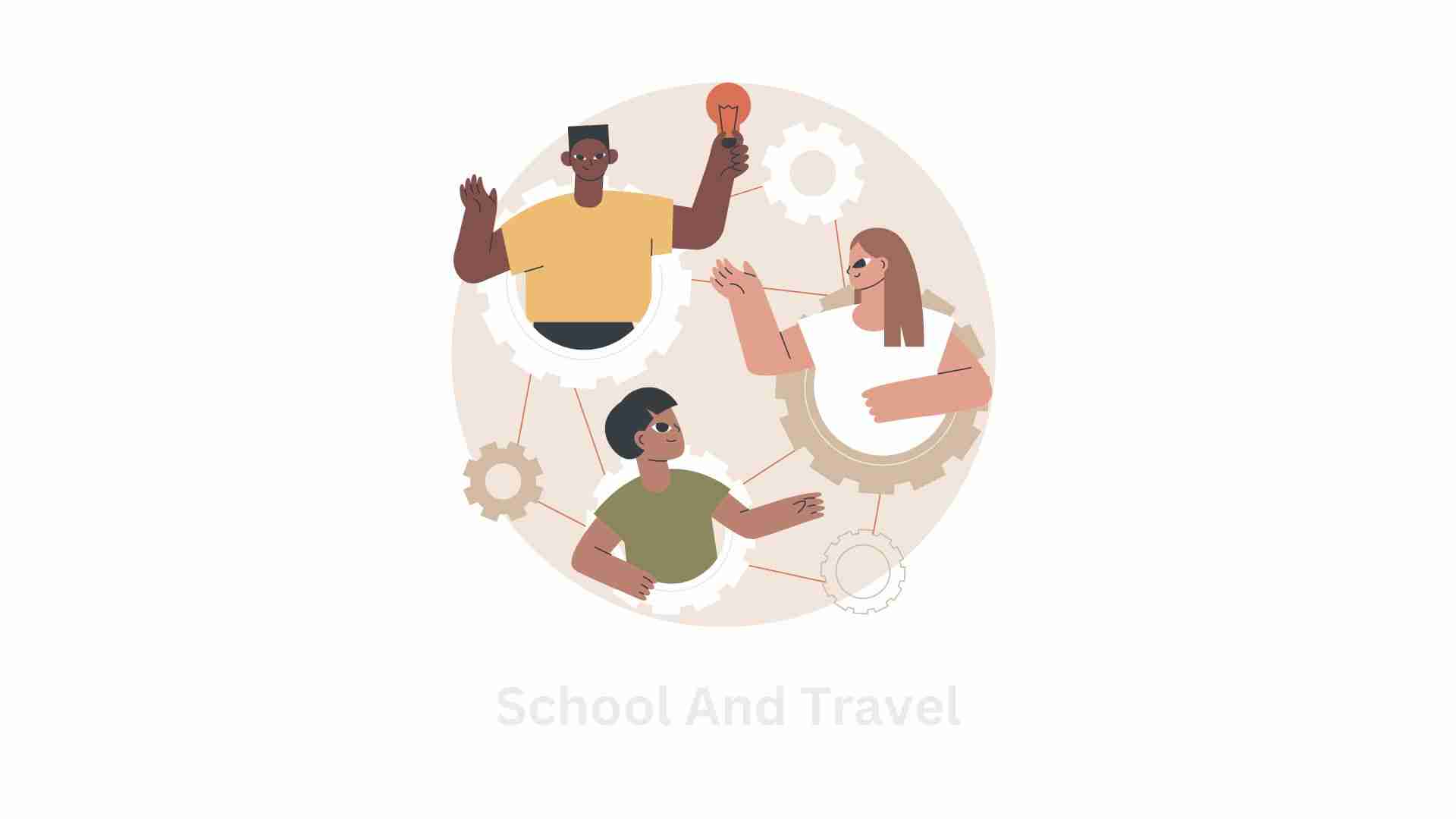The choice of educational programs is more comprehensive than ever. From the comfort of your own home, you can take full-fledged courses from California, Harvard, Princeton, Yale, and Stanford universities.
At the same time, Studocu has got the best study material from universities worldwide that any student can use. On the other hand, futurologists predict that the war between offline and online education will end in the victory of the latter.
But we are not in a hurry to say goodbye to traditional education because it also has something to offer students. Let’s see what good these formats have.
Advantages of Online Training
Flexibility:
Territorially, the student can be anywhere. Courses can be held in another city or even another country. All you need for studying is a laptop or a phone connected to the Internet.
A comfortable environment favorably influences the learning process. The student himself or herself chooses when to watch webinars and do his or her homework.
A pleasant addition is the fact that the student does not spend time on the way to the institute and back. Such training can be combined with work, which is impossible in full-time form.
However, online learning widens the scope of possibilities.
Finance:
Online education benefits financially as well. Many courses in higher mathematics, philology, and other subjects are free and available to everyone, regardless of whether they have a high school diploma or not.
Lack of formalities:
Most online courses posted on the internet do not require formalities.
Offline or Online Training
Advantages of offline training
Live communication:
Communicating with professors influences the perception of information. It connects the associative memory, which has a positive effect on learning material.
The student can immediately ask questions on the material, clarify obscure areas, and get more information about the subject. In classes on the online form, there is no such high-quality feedback.
Positive competition:
Interaction with other group members forces the student to pay more attention to learning. Not wanting to fall behind fellow students, they will pay more attention to their grades, do their homework, take notes, and study lectures.
Read this: 8 Actionable ways to Continue Learning after College.
Confidence:
The university issues a state-certified diploma. However, in today’s world, classical education is more in demand by employers.
On the other hand, when choosing between a full-time graduate and a distance learning graduate with other equal terms, almost any manager will take a professional who has completed a full-time degree rather than a certificate of course completion.
Helpful connections:
While studying, students interact and communicate a lot with fellow students as well as faculty. This allows them to make valuable acquaintances that will help them in their future employment.
Networking with peers is one of the perks of offline training.
Disadvantages of offline and online training
Few choices:
Completely, online education can not replace offline anyway. There is a list of professions you cannot obtain remotely.
Among them are professions in the field of construction, engineering, medicine, pedagogy. Even the profession of an archivist and programmer cannot be obtained using online learning.
Motivation:
The second obstacle can be your motivation. Despite the advantages of the online form of education, not everyone is suited to this format. Online learning requires organization and willpower.
Online courses are often not time-limited, so there is a risk of putting off studying for other things. Without self-discipline, you can forget successful online education.
Socialization:
In studying via the internet, the student has no live communication with a group of like-minded people.
The connection is a plus for a closed person, but the student who deprives him or herself of social development can not make useful and friendly connections and will not learn from professionals.
With the help of lessons posted online, absorbing information at the proper level can be difficult. In addition, a relatively strong impact on the quality of training has the lack of practice and feedback from the expert.
Time:
The main disadvantage of traditional offline training is that it requires more time. This is because you have to spend time getting to the educational institution and attending lectures, many of which are attractive and unnecessary for the student.
The student has a fixed schedule of classes, and attendance is mandatory.
The cost of the offline study is more expensive than similar online courses even within the same university.
Offline or Online Training
Conclusion:
There are plenty of pros and cons to both offline and online training. And the choice is yours alone. If you are confident in your motivation and in the profession you want to be educated in, online learning is allowed; why not.
The most successful variant is to combine both forms. Live communication is better than studying the theory remotely, raising qualifications, learning new skills, and getting practical experience.
Therefore, online courses are suitable as a supplement to offline training, but they can not yet completely replace it.
Online training will be a successful addition to the knowledge obtained in the university on a full-time basis.
Awesome one; I hope this article answered your question.
Share this Information.
Related articles:



